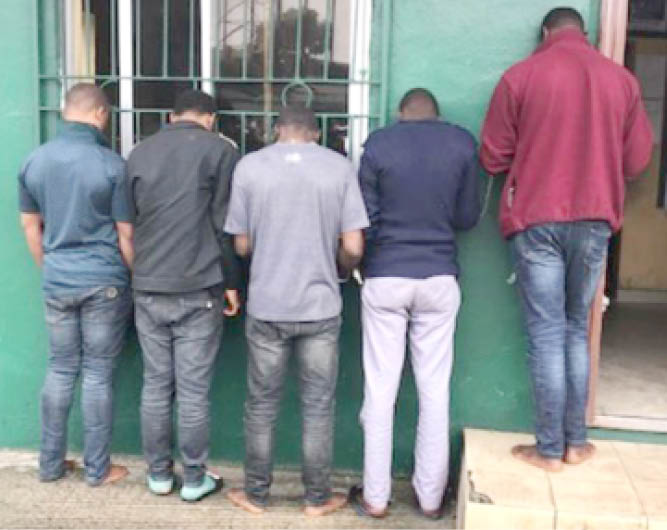The increasing prevalence of drug trafficking among youths in Nigeria should be a source of great concern to the citizens. While it is gratifying that the National Drug Law Enforcement Agency, NDLEA, under the new leadership of Brig. Gen Mohamed Buba Marwa (retd), has been working assiduously to end the illicit drug scourge, Nigerians should be worried that 14.3 million of their compatriots are abusing drugs, with 10.6 million addicted to cannabis.
Given the severity of the situation, NDLEA’s appeal for all Nigerians to join in the fight against drug abuse should strike a chord with everyone because drug abuse has serious implications for both the users and the larger society. Therefore, the clarion call should be taken seriously by every member of the society, especially parents.
- 1,500 benefits from NAF medical outreach in Gombe
- Ripples as 17 outgoing govs battle to install successors
The varieties of illicit substances in circulation, including marijuana, cocaine, heroin and methamphetamine, are not easily identified by many parents even when they stumbled on them. However, it will be in their best interest to know the telltale signs of substance abuse in their children or wards.
A teenager abusing illicit drugs may show a decline in academic performance, frequently fail to attend classes, lose interest in school work and or display weakened motor coordination. Other related signs are poor health and a lack of interest in old friendships.
Parents should also look out for the presence of drug paraphernalia like foil, rolling paper, mirror, straw and blade in the room or in possession of their children. If they are diligent, they may also find actual drugs, seeds or leaves in ash-tray or their clothing. They should be conscious of the odour of drugs or incense and use of strong perfumes or strong menthol sweets to cloak the smell of narcotic drugs.
The role of parents in curtailing the possibility of their children becoming addicted to hard drugs requires that they spend quality time with their family. Parents must discard the know-it-all attitude and give room for heart-to-heart discussions before decisions are taken or foisted on family members.
Above all, parents need to be good role models to their children. Studies have shown that children who see their parents consuming drugs, alcohol, and cigarettes are likely to end up doing the same.
Parents should also try to understand contemporary issues affecting young people. They should not hesitate to seek professional help from qualified counsellors if and when necessary. They must also know that high-handedness or harsh punitive measures would only harden the hearts of the young ones caught in the drug web. Instead, compassion is a better tact in handling such a situation. In the same vein, parents and the larger society should avoid the stigmatisation of the addicts as this would only complicate the situation and further push the young user deeper into further acts of self-ruin.
Philemon Akwu wrote from Utaku, Abuja

 Join Daily Trust WhatsApp Community For Quick Access To News and Happenings Around You.
Join Daily Trust WhatsApp Community For Quick Access To News and Happenings Around You.


